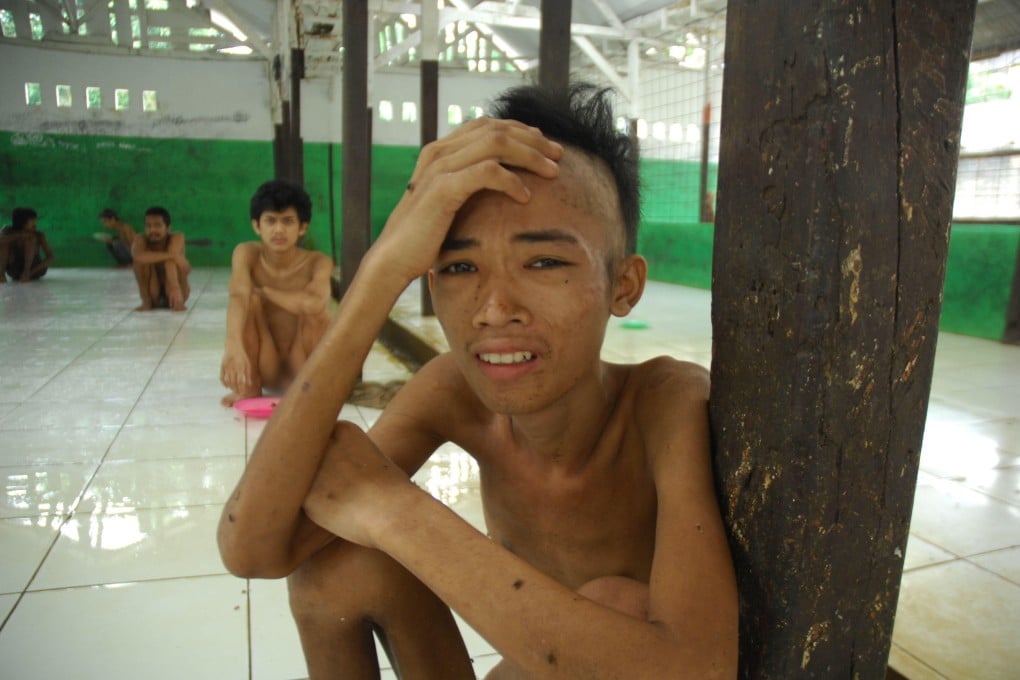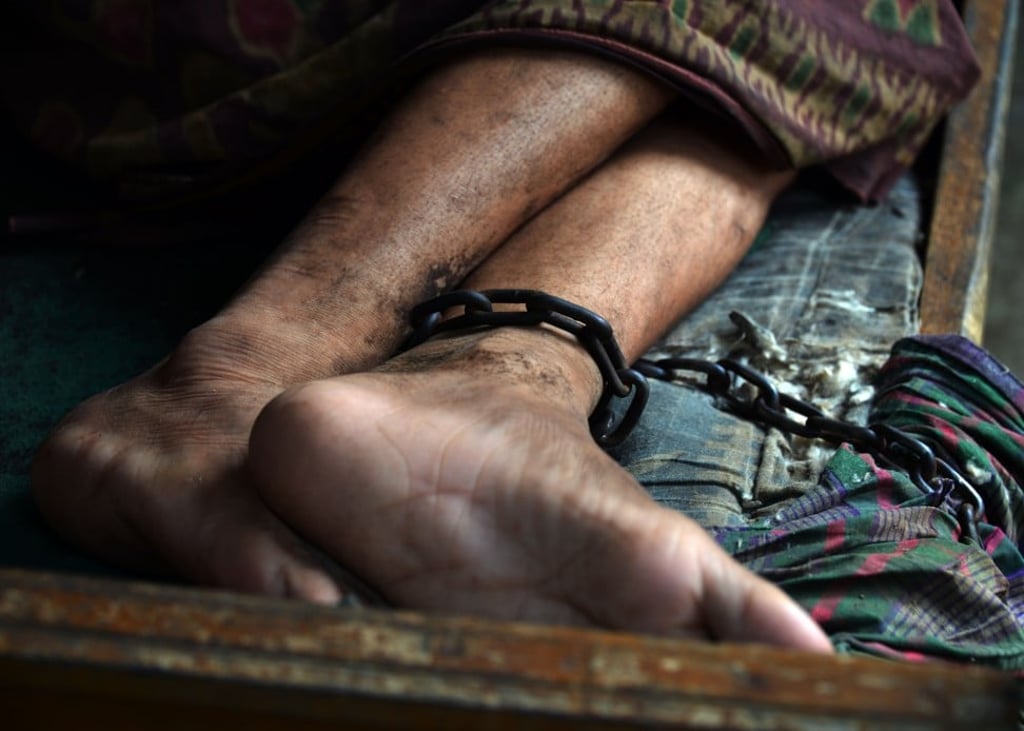‘You’re not religious enough’: pain of Indonesia’s mentally ill and the online group bringing sufferers and carers together
- Mentally ill Indonesians have to battle superstition and prejudice daily, with ‘advice’ from families and friends often including a lot of praying
- Online groups such as KPSI let them share and learn from others with similar conditions, and find information about counselling

As a young man, Yoyon Sukaryono used to beg his parents to take him to a psychiatrist, but they wouldn’t. Although he kept telling them about the voices he was hearing in his head, they were ashamed of his illness and wanted it kept quiet.
“They were too embarrassed,” he says. “They didn’t want the neighbours to think I was crazy.”
Sukaryono, from Indonesia’s second-largest city Surabaya, recalls how he had to live through most of his secondary school and university years trying to make peace with those voices, eventually accepting them as a “different awareness” and “understanding”.
The voices inspired him to write an experimental novel titled Apostolik and create noisy rock music with his band Klepto Opera. In one of his past jobs as a prison guard, he felt the voices gave him the ability to empathise and communicate with convicts. Many of the inmates also had mental problems, but they had no access to medical help.

These days, although Sukaryono can see a positive side to his illness, he wishes he had been able to find help sooner. Now in his early 40s, he knows his story is similar to those of many others living with schizophrenia in Indonesia.
Though psychiatric treatment in the country is improving, a limited understanding of mental health issues, entrenched social stigma, and a prevalent belief in the supernatural make it a challenge for the country’s mentally ill to seek help or even sympathy. They often have to cope with accusations they are attention-seeking or simply not religious enough to fight off evil spirits and thoughts.
